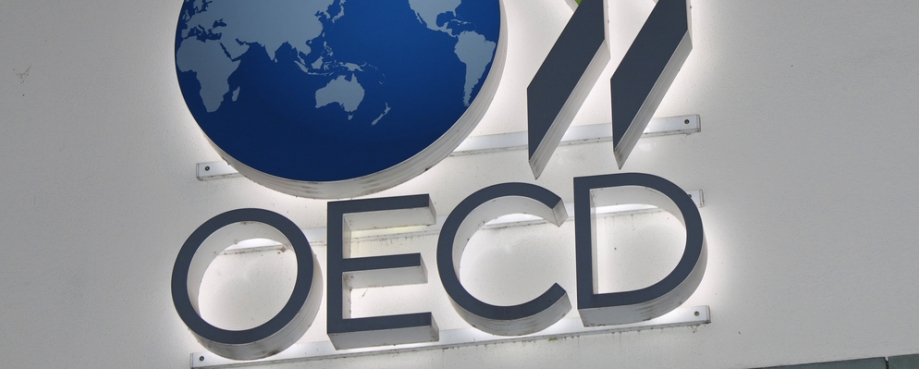
The revised OECD Guidelines for Multinational Enterprises on Responsible Business Conduct were finally published in June 2023 after more than two years of consultations and negotiations between governments, business, trade unions and civil society groups.
What's changed?
The updated Guidelines build on the previous version, published in 2011, and reflect a decade of significant change. New social, environmental, and technological challenges have emerged impacting business and societies. The revised text seeks to respond to these developments.
Fifty-one countries, including OECD members and non-members, and who collectively account for two-thirds of global trade and 80% of foreign direct investment (FDI), have committed to implementing the Guidelines. This provides us with a valuable marker in demonstrating what key capital markets (i.e. U.S, Japan, Brazil, Germany, UK) expect from companies operating in its jurisdiction going forward.
The Guidelines and OECD due diligence guidance are already referred to in investment agreements, due diligence laws, disclosure regulations and certification schemes around the world, as well as in numerous multilateral instruments (i.e. G7, G20, APEC, ASEAN, EU). This revision is therefore likely to have a significant impact on policy-making and corporate sustainability strategies going forward.
Whilst they remain ‘voluntary principles’, and even though this revised text was negotiated and therefore represents a compromise between governments and other stakeholders, the Guidelines provide an evolving governance framework and a foundation for future laws, norms, procedures, and enforcement mechanisms.
ETI member companies and others keen on advancing responsible business conduct should note key changes to the revised text. These include:
- Extensive upgrading of expectations around environmental management. The Guidelines redefine what environmental due diligence should involve, and provide authoritative recommendations on aligning with internationally agreed goals on climate change and biodiversity, use of science-based targets, and mitigating adverse impacts relating to the degradation of land, marine and freshwater ecosystems, deforestation, air, water and soil pollution, and mismanagement of waste.
- Clarification of risk-based due diligence to address the development, financing, sale, licensing, trade and use of technology, including the gathering and use of data. The Guidelines encourage the adoption of responsible data governance practices, digital security risk management, and state that due diligence should take into account known or reasonably foreseeable circumstances related to the use of digital products or services.
- Updated recommendations on sustainability disclosures, including external assurance to enhance the credibility of public reporting.
- Recommendations for businesses to ensure lobbying activities are transparent and consistent with the Guidelines.
Critically, there are no changes to the widely-used six-step due diligence framework, which remains the reference point for due diligence practices globally. So if you are using this framework to guide your human rights or environmental due diligence practices, there is no need to change tack.
Companies should note, however, that there are important differences between the expectations contained in the OECD Guidelines and emerging legal standards. Alignment with the Guidelines should not be understood as compliance with new legislation. Disclosure requirements under the EU Corporate Sustainability Reporting Directive (CSRD) for instance, require a double materiality assessment and are far more detailed and prescriptive than the general guidance provided under the OECD Guidelines.
Why does this matter?
It may feel like this development adds to the proliferation of initiatives, instruments and tools on sustainability. The OECD Guidelines and UN Guiding Principles on Business and Human Rights (UNGPs) provide the source code for legislators and for many of these initiatives and sustainability schemes.
The EU has in effect operationalised and built on the OECD Guidelines and UNGPs in developing new sustainability legislation. The Guidelines are being institutionalised, globally, but in different ways and at different speeds. Companies should therefore ensure that they understand relevant legal requirements and nuances in approach within different jurisdictions.
The Guidelines represent what governments have collectively agreed should serve as the common rules for responsible business conduct going forward. It is now up to governments to legislate, businesses to implement, and civil society to support, monitor and engage. It is in all our interests to see these standards realised. We have little time left to act.
You can find more information on the revised OECD Guidelines here.
Ben Rutledge served as a Policy Analyst with the OECD Centre for Responsible Business Conduct and is now working with the Responsible Contracting Project and twentyfifty.
